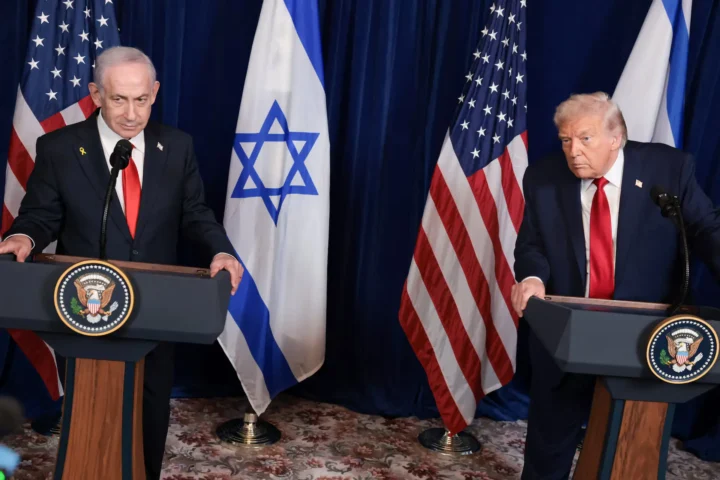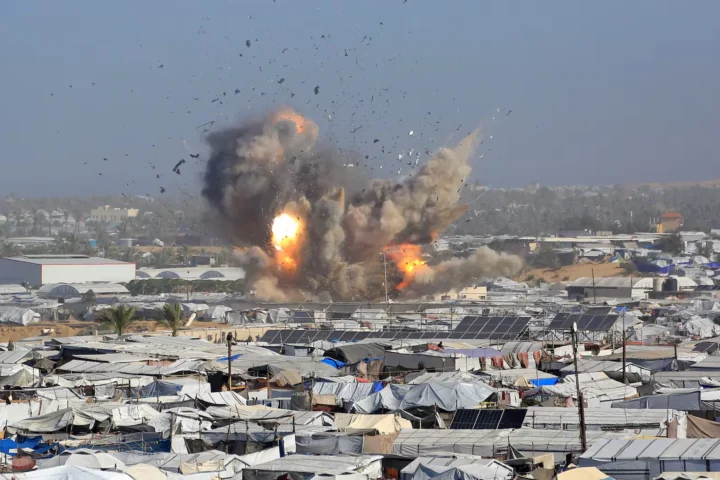The sky over Munich is as heavy and foreboding as Europe’s geopolitical outlook. The annual Munich Security Conference—a gathering of heads of state, foreign ministers, military officers, intelligence officials, and global business leaders—has begun under the shadow of both literal and metaphorical storm clouds. The first day was marred by a terrorist attack just outside the security perimeter, injuring over twenty people. It was a stark reminder that in an era of great power competition, the old threats of asymmetric warfare have not faded.
Inside the conference halls, the dominant theme remains unchanged for the third consecutive year: Ukraine. The war, once viewed as a test of Western unity, is now a flashpoint for broader questions about the future of transatlantic security. The arrival of Vice President J.D. Vance and the imminent appearance of Secretary of State Marco Rubio have done little to dispel the prevailing uncertainty about Washington’s stance. President Donald Trump’s administration has launched a European charm offensive, but the message remains unclear. Is the U.S. still Europe’s security guarantor? What will become of Trump’s unilateral negotiations with Russia over Ukraine? Are U.S. troops on or off the table in any future security arrangement?
For European leaders, the confusion is palpable. There is little clarity about whether they—or even Ukraine—will have a seat at the negotiating table. Yet, amid the anxiety, there is also an emerging pragmatism: if Washington is serious about stepping back, does this moment provide an opportunity to galvanize Europe’s defense industrial base and force a more self-sufficient approach to security?
Adding to the complexity, China’s Foreign Minister Wang Yi arrived prepared to challenge the West’s narrative. His rebuttal to Vance’s keynote speech, which focused on free speech threats in Europe, signaled Beijing’s continued efforts to shape the global discourse. Meanwhile, the Middle East, though not the central focus of discussions, is still looming in the background. A collective sigh of relief met news that Hamas appears committed, for now, to maintaining the current ceasefire and hostage release agreement. Even more significantly, Saudi Arabia is preparing to host Trump and Russian President Vladimir Putin for their first face-to-face peace negotiations—an event certain to reshape geopolitical calculations.
But Munich is no longer just about military hardware and security alliances. The agenda has expanded to reflect the evolving nature of global instability. Climate change and food security—once seen as secondary concerns—are now recognized as fundamental drivers of conflict. Nowhere was this more apparent than at the Council on Foreign Relations’ “Dinner of Extinction.” The meal, curated by former White House chef-turned-agriculture-tech investor Sam Kass, featured ingredients that will soon be scarce or extinct due to climate change. The night’s most sobering revelation? Even Europe’s storied wine industry is in peril, with French winemakers now buying land in the United Kingdom to ensure the survival of their champagne grapes.
Artificial intelligence (AI) remains another hot topic, but the tone has shifted from last year’s handwringing over trust and election manipulation to a more urgent concern: will Europe’s regulatory instincts leave it behind in the global AI race? With European economies struggling to boost productivity, the anxiety over AI’s potential—and its risks—has reached a fever pitch.
Despite the high stakes, Munich remains distinct from the world’s other elite gatherings. The conference retains its reputation for substance over spectacle. Unlike Davos, where schmoozing is the main event, Munich is a place where serious policy discussions take precedence. This morning, during a session on space governance, attendees—including Joint Chiefs Chairman C.Q. Brown—delved into the pressing challenges of space debris, anti-satellite weapons, and the risks posed by mega-constellations.
As Munich unfolds, the fundamental questions remain unanswered. Is Trump’s unpredictability a masterstroke of strategic ambiguity, or a prelude to Western disarray? Will Europe find its footing in an era of shifting security commitments? And, with the world teetering between competition and cooperation, who—if anyone—will set the rules of the next global order?
One thing is certain: as the cold wind howls over Munich, the geopolitical climate is just as frigid, and the road ahead remains uncertain.











